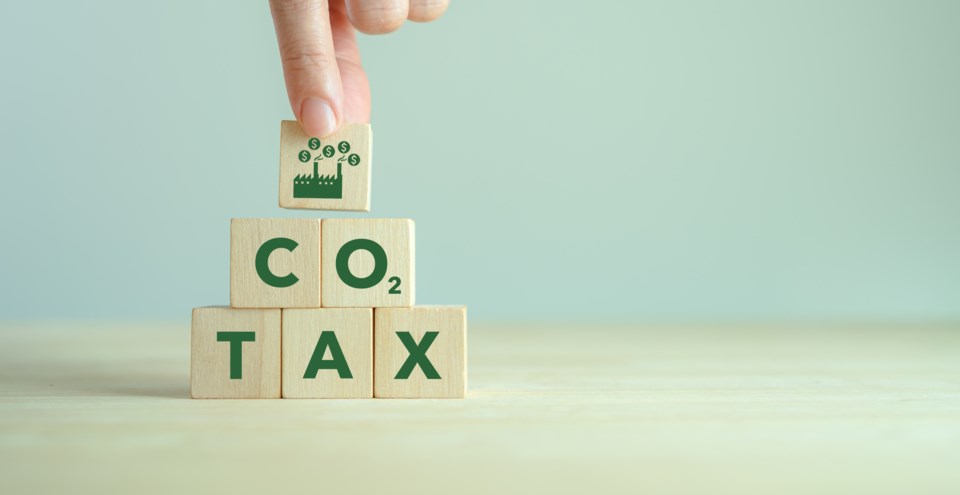After being a politically dormant issue for well more than a decade, the provincial carbon tax suddenly has the potential to turn the B.C. political scene on its head.
A cascading series of events has occurred since Prime Minister Justin Trudeau announced he would pause the carbon tax on home heating in the Atlantic provinces, and they all involve politicians clamoring for more changes to a tax on carbon.
You almost need a score card to keep track of everyone:
Both Saskatchewan Premier Scott Moe and New Brunswick Premier Blaine Higgs are threatening to refuse to collect the federal carbon tax unless exemptions are made. The federal Conservatives have made scrapping the tax the centerpiece of its policy platform.
Outside of B.C., the NDP is demanding changes. The newly elected NDP government in Manitoba wants changes, and the federal NDP supports a federal Conservative motion to exempt heating costs from the tax.
Which brings us to British Columbia, land of political ironies and flip-flops when it comes to the carbon tax.
B.C. became the first jurisdiction in North America to put a price on carbon when the then-B.C. Liberal government introduced the tax in 2008.
Back then, the provincial NDP opposed the tax and unsuccessfully fought the tax during the 2009 provincial election.
Fast forward to today and we have the party (now called the B.C. United Party) that introduced the tax demanding that home heating and the agriculture sector be exempt from paying the tax (and party leader Kevin Falcon said he would scrap the entire tax if the tax-hating federal Conservatives form government).
Meanwhile, the NDP government has now become the staunchest defender of the carbon tax in the entire country.
For now.
With two Opposition parties — B.C. United and the B.C. Conservatives — now opposing the carbon tax to varying degrees, and with the future of the federal version of the tax now very much in doubt, it is hard to see the B.C. NDP government holding firm to its support for the status quo.
The rising cost of living was simply not an issue when the carbon tax was introduced 15 years ago. But the combination of high inflation, high interest rates and unaffordable or unavailable housing now puts things like a carbon tax into a harsher light for many.
That was a point Falcon made when he heatedly rejected a reporter's assertion that his party’s new position was perhaps a "flip-flop" from its original position.
Don't be surprised if the NDP government takes some kind of action to at least partly offset its political opponents' new religion when it comes to taxing carbon.
Perhaps a B.C. Hydro rebate or an outright exemption for home heating costs (in B.C., 98 per cent of households are heated by natural gas or electricity) or even a freeze on the escalating tax (it goes up every April 1) may be in the works.
It has been apparent for a while now that a tax revolt of sorts may gain some traction with voters because of the rising cost of living and if that is indeed the case, the NDP government would be wise to get out in front of it.
None of the arguments and issues the political Opposition has laid at the feet of the NDP government the past six-plus years (housing, inflation, health care etc.) has translated into a loss in popular support for that same government.
But perhaps a fight over the carbon tax may prove to be an issue that finally tarnishes some of this government's Teflon coating.
Keith Baldrey is chief political reporter for Global BC.



